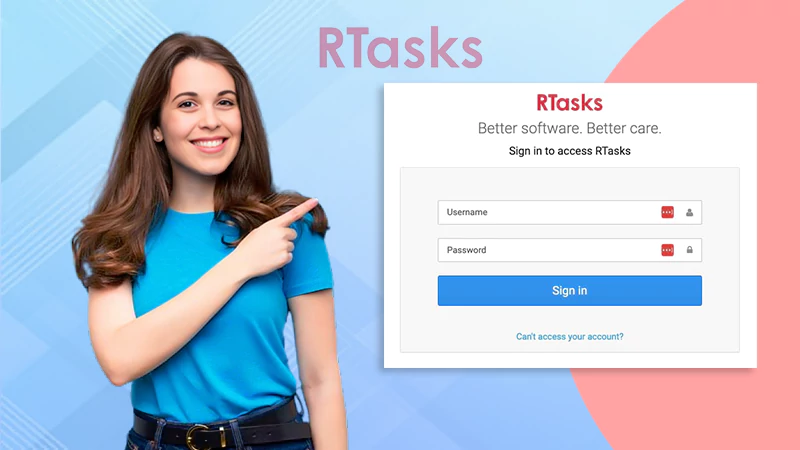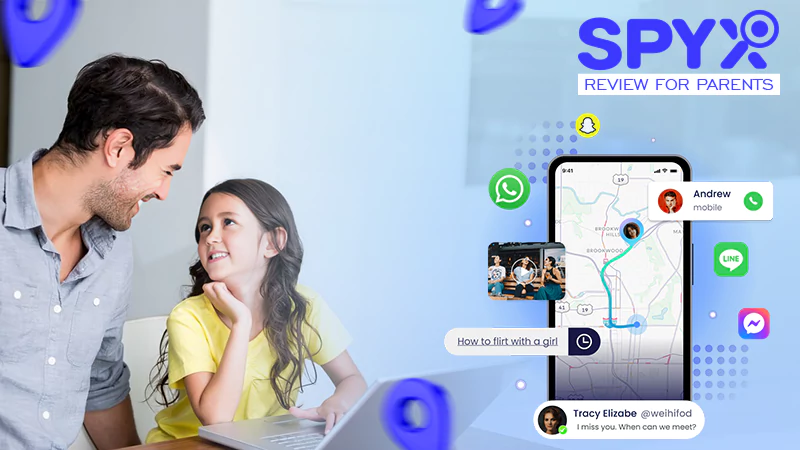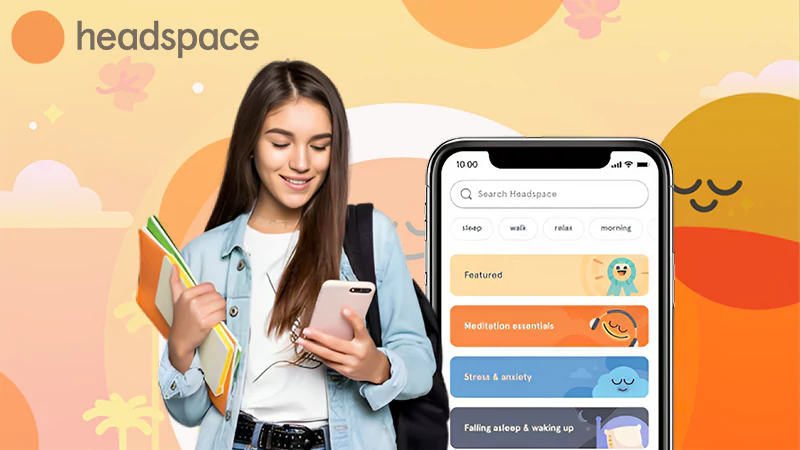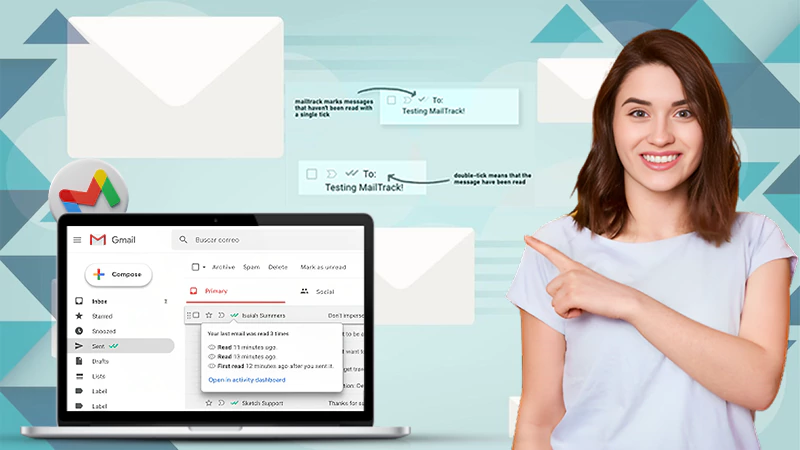What Can People Find Out About You on a People Search Site?
If you are worried about the information others can find about you online, you’re not alone. Most of your personal information is already public. This includes your address, phone number, and background check information. But what can you do to protect your privacy? Here are some tips to keep your personal information private.
A Lot of Your Information is Publicly Available
A people search site provides access to a lot of your personal information. This information can include your name, age, phone number, email address, relationship status, and even court records. While many people use these sites for innocent reasons, they can also be used by identity thieves and hackers. While the information can be difficult to remove, people finder sites should offer you a way to opt-out.
In some cases, you can opt-out of a people search site by deleting your account. The process of deleting your account requires you to fill out a form explaining why you want the information removed. You should repeat the process every few months to make sure that your information is removed.
Internet Privacy is a Thing of the Past
In the past half century, technology has advanced tremendously, and so has the need for privacy protection. The big search engines and the emergence of social networks have changed the way we communicate and market ourselves, and tougher security measures have been necessary to protect our personal information online. But the problem of internet surveillance has not been solved.
While Facebook has never been blamed for leaking classified government documents, the recent revelations by WikiLeaks raise serious questions about government surveillance. The CIA has admitted to reading private messages and emails, and Facebook has also been accused of gathering data from its users. This means that no digital information is truly private, and even a small group can be a potential target for espionage.
Your Address and Phone Number
A lot of your information is publicly available. For example, your address and phone number are probably listed in the phone book. If you have an unlisted number, it’s still likely that your address is available through a reverse phone lookup. And if you move, your new address is likely to be added to the public record.
You can protect your privacy by using a P.O. box or renting a mailbox at a UPS store. This will give you a physical address that can’t be traced back to your home. You can also use a virtual office service, which will give you a business address and phone number that can be used for personal correspondence.
People Search Sites
At first glance, it may not seem like people search sites have a lot of information about you. However, these sites can actually be quite revealing. Most of these sites let people search for people online and will have your full name, age, and location. They may also have your phone number, email address, and social media profiles. In addition, people search sites may have public records such as arrest records, marriage licenses, and property ownership records. As you can see, people search sites can have a lot of information about you. So be careful what you share online because it may end up being more public than you think.
Why Employers use People Searches
Employers use people search sites to screen job candidates and to run background checks. They may also use these sites to keep track of their employees’ whereabouts and activities. While this information can be useful for employers, it can also invade your privacy.
If you’re concerned about your privacy, you can opt-out of people search sites. To do this, you’ll need to fill out a form explaining why you want the information removed. You should repeat the process every few months to make sure that your information is removed.
What can You Do to Protect Your Privacy?
There are many things you can do to protect your privacy. Here are a few tips:
- Use a P.O. box or rent a mailbox at a UPS store. This will give you a physical address that can’t be traced back to your home.
- Use a virtual office service, which will give you a business address and phone number that can be used for personal correspondence.
- Don’t share your personal information online, such as your home address or phone number.
- Be careful what you share on social media because employers may be checking your profiles.
- Opt out of people search sites by filling out a form explaining why you want the information removed. You should repeat the process every few months to make sure that your information is removed.
- Use a VPN to encrypt your internet traffic and protect your privacy.
By following these tips, you won’t necessarily become an online ghost, but you’ll be taking steps to protect your privacy. And that’s important because once your information is out there, you can’t take it back.
Strategies of Implementing DevOps for Success
The Top 5 Email Extractor Apps of 2024
How Can QR Codes Simplify Your Daily Routine:…
All-Inclusive Guide on RTasks Login at RTasks.Net!
SPYX Review: The Ultimate Spy Tool for Worried…
From Exams to Exercise: How Health and Wellness…
Spotify Receiptify: Learn How to Create & Share…
Unlocking the Power of Money Transfer: Simplifying the…
Secure and Swift: Exploring Online Money Transfer Options
What Is Spotify Color Palette, How to Create…
Maximizing ROI: Tips for Cost-Effective Direct Mail Campaigns












